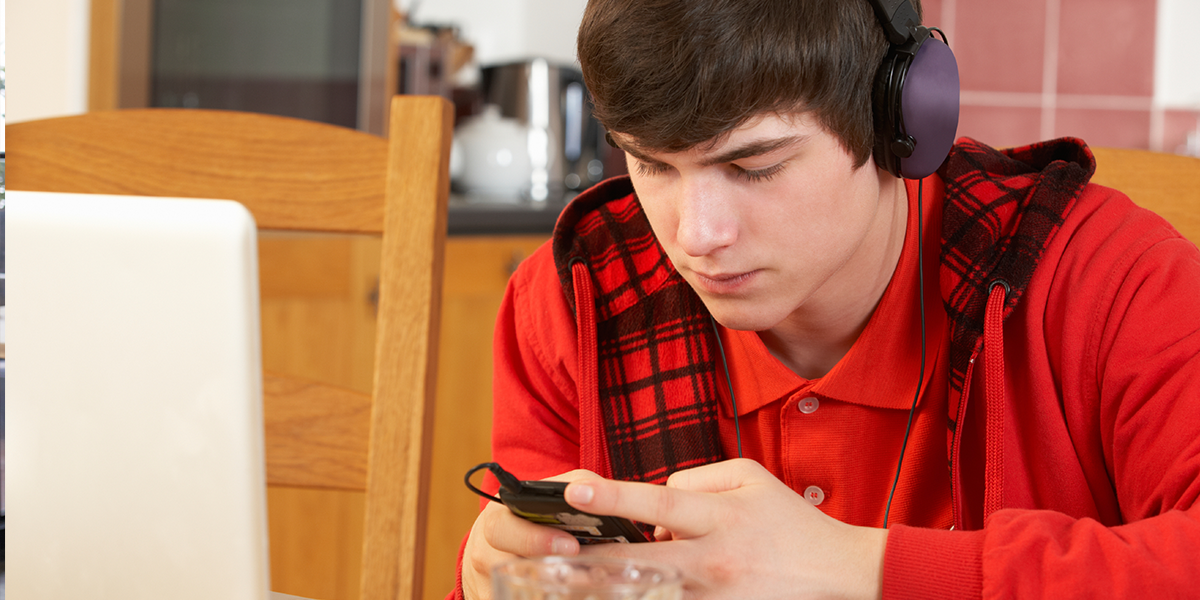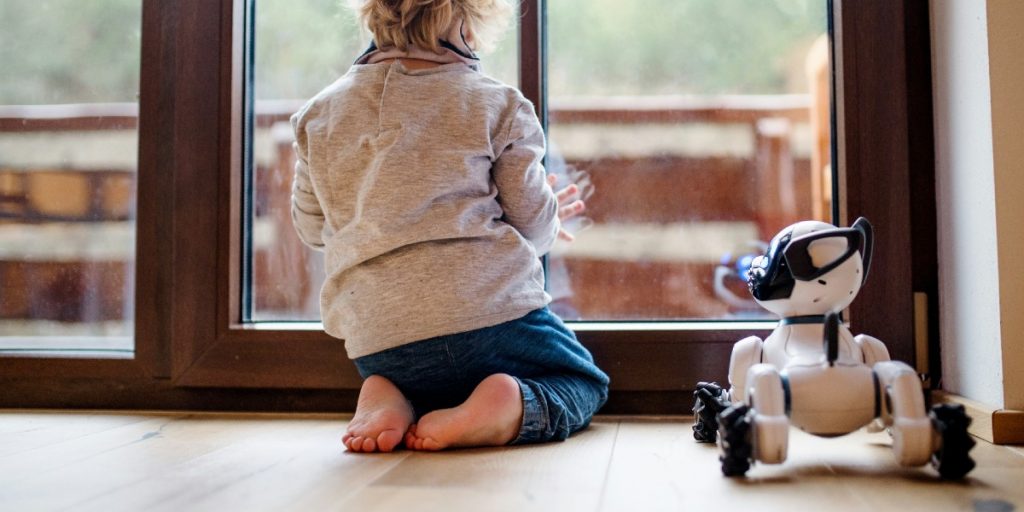My writing about introverted children generated passionate reactions on my blog and on Twitter. Many of you responded with heartbreaking stories of introverted children suffering at school. But there were inspiring stories too, of thriving kids who found themselves and their way. I also heard from caring and sensitive educators who take questions of temperament very seriously.
These responses reminded me that the goal is not simply to share interesting information about introversion, but also to work towards transforming society so that introverts and extroverts both get to live to their full potential — especially when it comes to education. Every school, and every teacher, needs to be reminded that 1/3 to ½ of the kids in their classroom are introverts, and in too many cases these kids are poorly served.
But first we need to know what an ideal school environment would look like. I’ll be hosting regular discussions with teachers, ultimately in live chat format. Here to share his thoughts today is Royan Lee, a thoughtful middle school literacy teacher with experience teaching all elementary grades. Royan is based in Ontario, Canada, and has a blog called Spicy Learning. He has some fascinating things to say about the role of passion – and social media – in the classroom.
Susan: If you had a shy or quiet child and could send them to any school you wanted, what kind of school/teacher/classroom would you look for?
Trending: 5 Reasons Life Gets Better After Your 40s
Royan: If my child was shy, I would want a school/classroom with a teacher that understood differentiated instruction (DI). In education, what we mean by DI is the ability to design curriculum, instruction, and assessment to meet the needs of diverse learners in the class. In other words, the opposite of everyone doing the same thing at the same time at all times. I would want a school where shy kids could show and display their passions in ways that transcended only face-to-face communication, perhaps through social media. I would want the learning to be passion-based, working towards the strengths and interests of each individual learner (including staff). Actually, this outlook is something I seek for all kids, shy or otherwise.
Susan: How collaborative (group-oriented) a teaching environment do you think is ideal for quiet kids who prefer to work on their own?
Royan: I think blended learning (a mix of online and classroom learning) may be the answer not just for quiet kids but all kids. Sometimes we forget how bizarre the concept of 30 people together in one room all day with one adult is. If aliens came down from outer space and saw this, they would rightfully assume that we had a lot of factories to fill with workers.
Susan: You wrote on your blog that social media in the classroom transforms what it means to be shy or quiet. Can you tell us more about that?
Royan: Social media allows shy/quiet kids to express themselves more clearly without having to transform into a bombastic or extroverted individual. Everyone becomes more diverse in the way they communicate and connect with one another. Labels then start disappearing in your class. It allows students to communicate with classmates they do not normally communicate with.
Trending: 5 Simple Strategies for Persuading Anybody
Susan: Can you give an example, a story, of a shy/quiet child who thrived in real life by expressing himself first online?
Royan: Oh my gosh, where do I begin. I could pick from a hundred examples. I had a student – let’s call her Irene. She never volunteered to speak in class. When speaking to her friends, she did so in a whisper. When walking, she glided inconspicuously like a phantom. But on social media, she is talkative, starts forum threads, replies to people, and shows a gregarious and humorous side she never exposes in person. I could name at least a hundred students like this who I have taught.
Susan: Does Irene’s ability to connect with people online ever spill over into real life? Does social media allow students like her to make friends they wouldn’t otherwise have had?
Royan: I would say yes, with the proviso that I haven’t done research on this. The best thing with using social media and blogging in the classroom is it brings everyone’s passions out. “Hey, I didn’t know Irene was artistic!” etc.
Trending: 40 Nonfiction Books to Look Out for in 2024
Note from Susan: Confirming Royan’s instincts, studies do show that shy people use media like Facebook to build a bridge from online to “real life” connections.
THANK YOU, Royan, for sharing your insights!
The above post previously appeared on Susan Cain’s former blog, The Power of Introverts.































